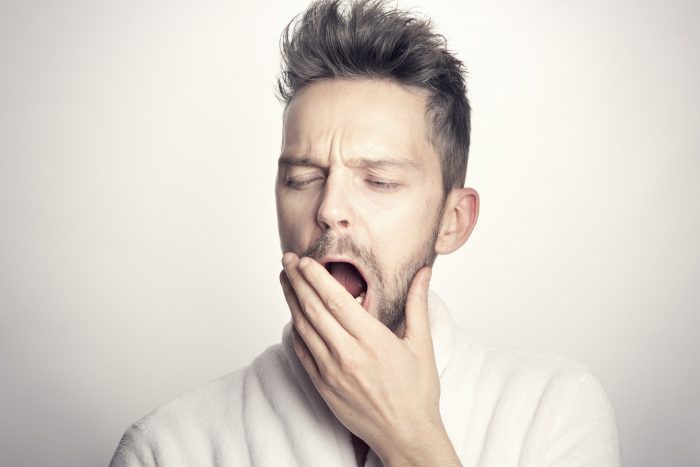Are You an Insomniac?
 The ongoing COVID-19 pandemic has made many people experience higher levels of anxiety and depression, and you’re not alone if you’re suffering from insomnia. Health care workers, who face high-pressure environments and high-risk cases, are especially impacted, according to a recent study.
The ongoing COVID-19 pandemic has made many people experience higher levels of anxiety and depression, and you’re not alone if you’re suffering from insomnia. Health care workers, who face high-pressure environments and high-risk cases, are especially impacted, according to a recent study.
“Insomnia is something most people suffer from at least once in their lifetime,” said Dr. Yelena Tumashova, Sleep Medical Director at Advocate Aurora Health. “However, due to the pandemic, insomnia levels are at an all-time high.”
Insomnia is a common sleep disorder that can make it hard to fall asleep, hard to stay asleep, or cause you to wake up too early and not be able to return to sleep. Common causes of chronic insomnia are stress, a busy work schedule and poor sleeping and eating habits, all of which can take a toll.
Because sleep is a crucial element for every human to function, a lack of it has detrimental effects. Unfortunately, health care workers experiencing insomnia are still expected to function normally and adhere to their hectic work schedules, which can lead to burnout. And this isn’t the first time these front-line workers have had to carry on their duties despite their lack of sleep. “We have seen how prevalent insomnia is during other crises, such as SARS or Ebola, and how insomnia can affect the lives of many,” Dr. Tumashova said.
Here are some ways to evaluate if you are experiencing insomnia and how to cope with it:
Possible symptoms:
- Difficulty falling asleep at night
- Waking up during the night
- Waking up too early
- Not feeling well-rested after a night’s sleep
- Daytime tiredness or sleepiness
- Irritability, depression or anxiety
How to cope:
- Reducing screen time before bed
- Establish a regular, relaxing bedtime routine
- Exercise at least 30 minutes per day most days of the week
- Take a warm bath or shower before bed
- Avoid or limit naps
- Avoid or limit caffeine and alcohol
- Avoid large meals and beverages before bed
“Approximately 50% of people with insomnia have underdiagnosed sleep apnea, and talking to their primary care doctor or sleep specialist is very important,” says Dr. Tumashova. “Insomnia is treatable, so don’t delay seeking care if lifestyle changes aren’t effective.”
This article contributed by: By: Urwah Mirza
Tags: #aurorahealth, #insomnia, #parishnurse, #sleepapnea

Comments are closed here.